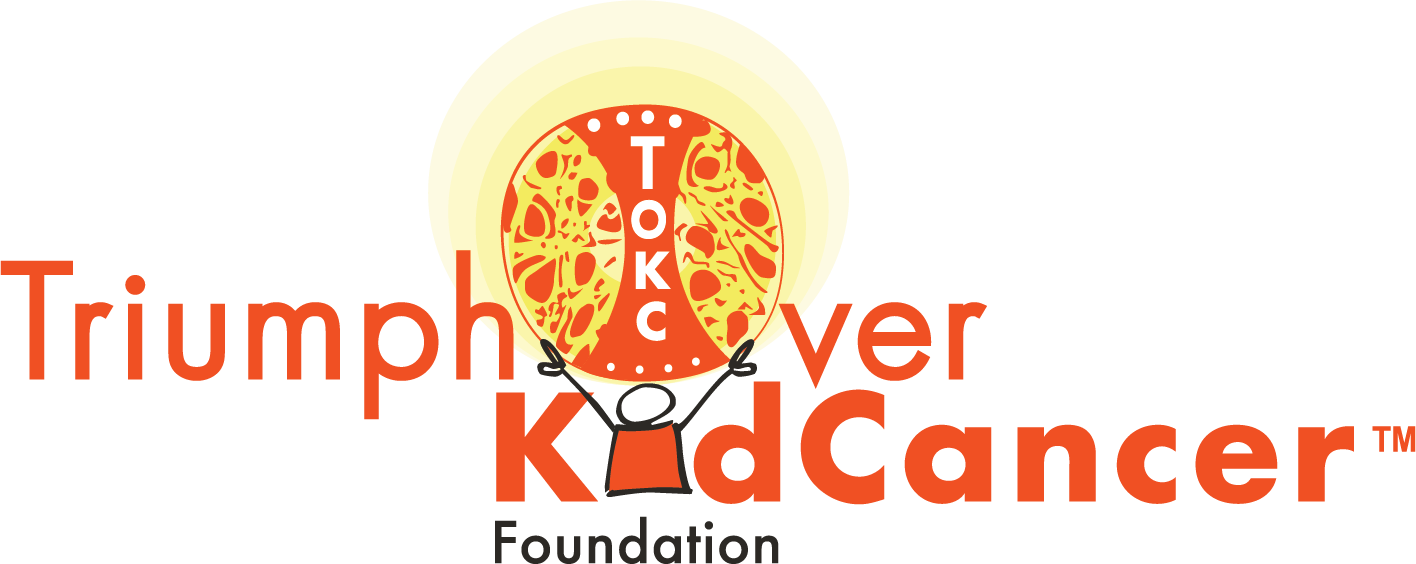Pediatric Cancer Research

Our foundation’s mission is to raise awareness and funds to help pioneer life-saving research and treatments for pediatric cancer. To date, TOKC has funded over $4 million dollars of research into pediatric cancers through our partnerships with M.D. Anderson and Texas Children’s Hospital. Every dollar we’ve raised has been matched by those institutions.
In 2014, we launched our second major initiative with M.D. Anderson, The Childhood Genomic Research and Sequencing Project (GRASP). GRASP provides funds for the only longitudinal whole genome sequencing project targeting pediatric cancers. This project is one of the most promising steps to providing key underlying knowledge and understanding into potential pathways to cures. In 2017, we completed our three-year pledge to raise $1.5 million dollars with the help of our supporters.
Now in 2018, we are continuing to advance progressive research into pediatric cancers. Thanks to the success of earlier research through TOKC’s Children’s Sarcoma Initiative, we’ve pledged another $1 million to M.D. Anderson to fund research into a specific histone methyltransferase called EZH2. This research will evaluate if inhibiting EZH2 activity in osteosarcoma cells can prevent the development of metastatic disease. These findings potentially could bring new life-saving treatment to patients with osteosarcoma.
Additionally, we’ve also pledged $1 million to the Childhood Cancer Cell Therapy Program at Texas Children’s Hospital. This program aims to translate highly promising cell-based immunotherapy approaches for incurable and hard-to-treat pediatric malignancies into effective therapies.
Each of these projects has the potential to create major breakthroughs in the treatment and cure of multiple orphan pediatric cancer and will be matched dollar-for-dollar.
We continue to fund multiple projects targeting pediatric sarcoma (Ewings and Osteo) research through the Children’s Sarcoma Initiative as well as projects targeting vaccines for Ewings Sarcoma at the Mary Crowley Cancer Research Center.
